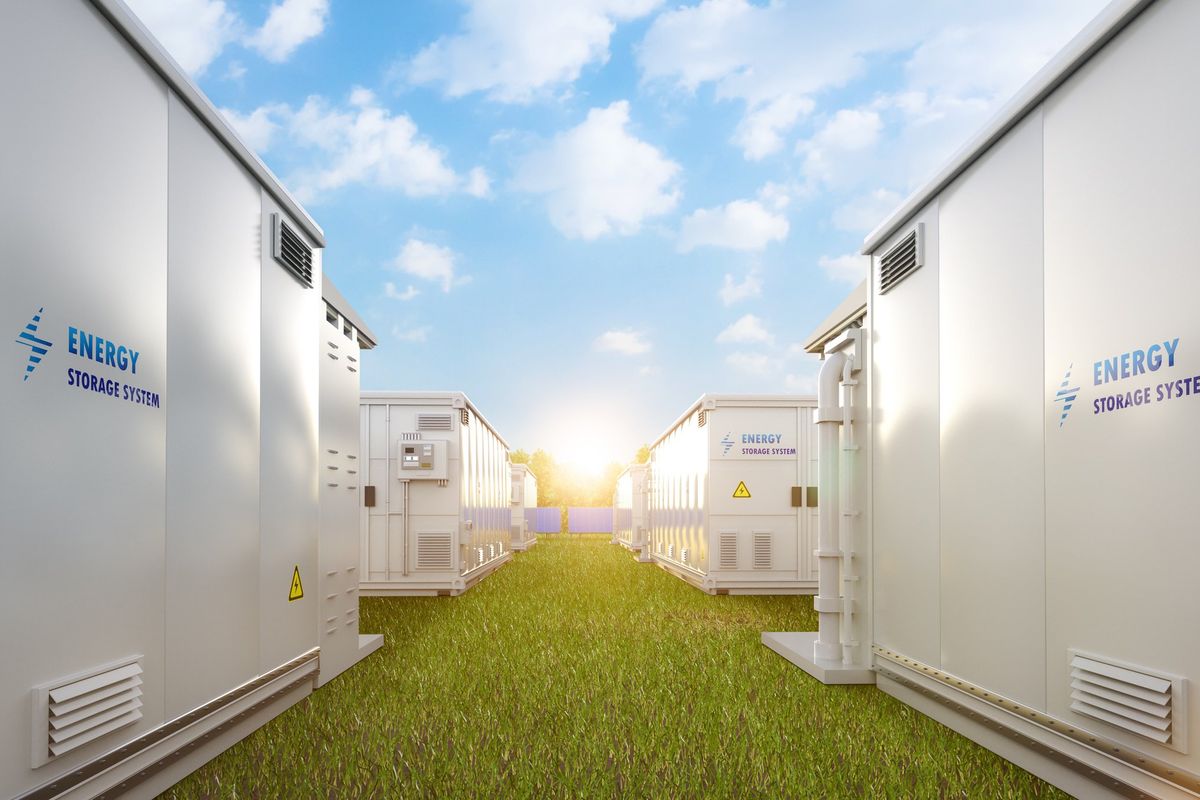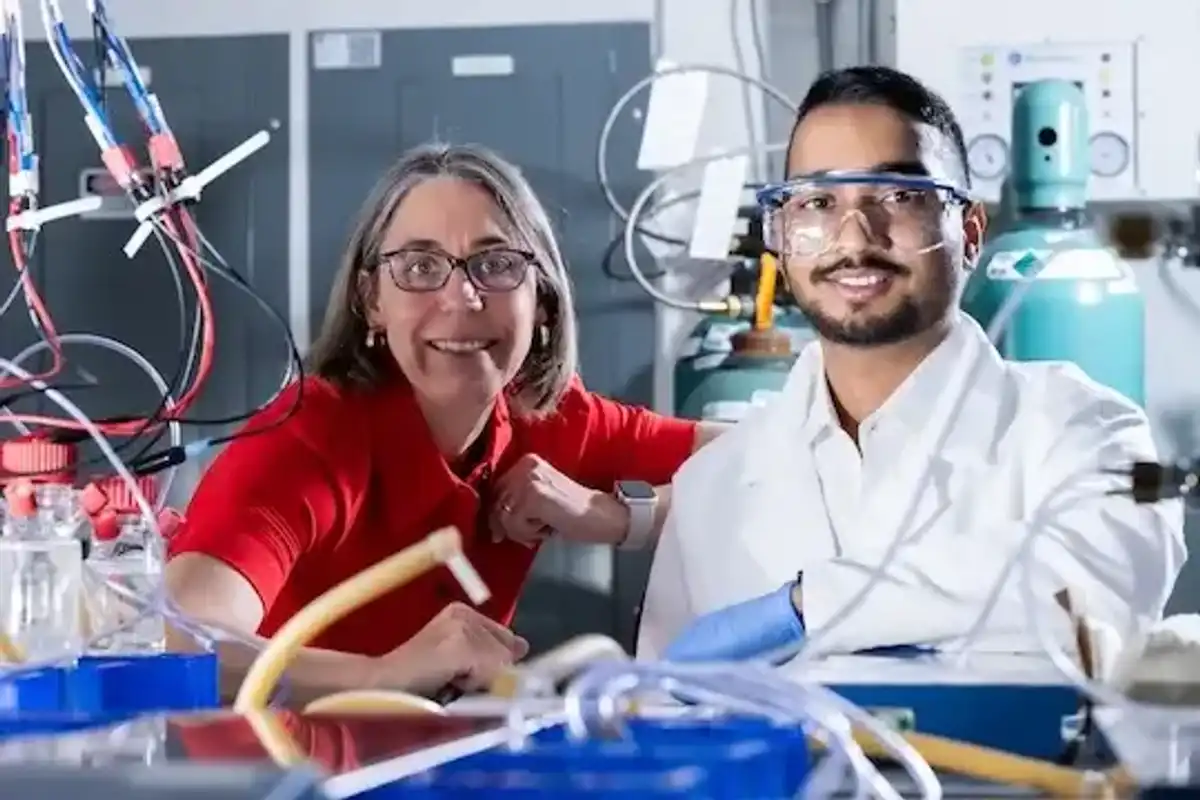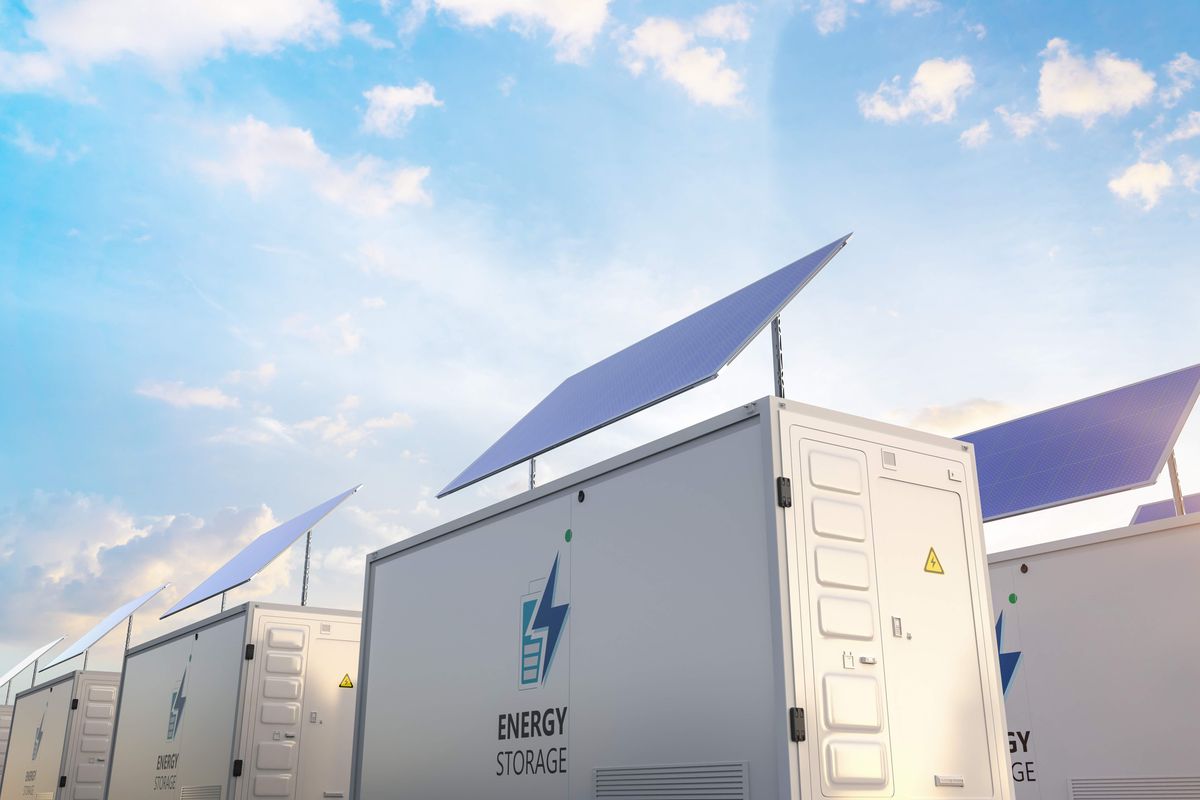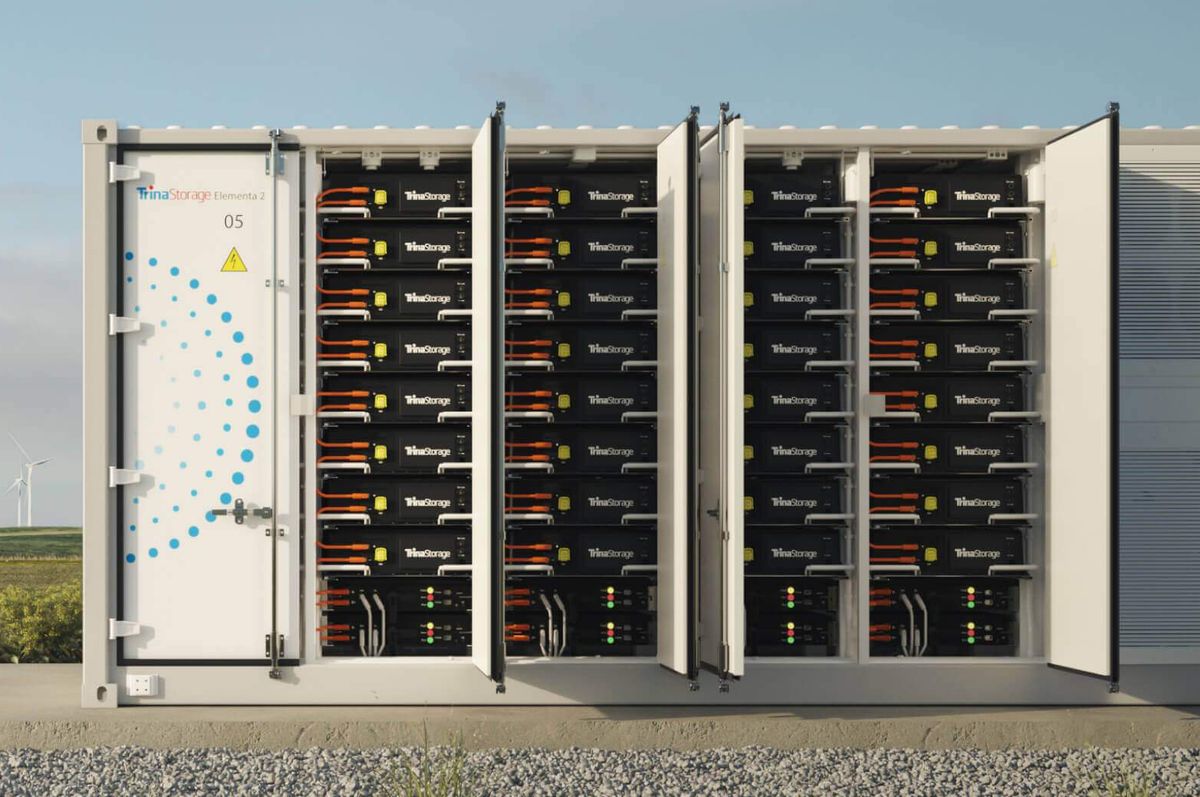New forecast shows impact of 'Big Beautiful Bill' on Texas clean energy generation
energy forecast
Texas is expected to see a 77-gigawatt decrease in power generation capacity within the next 10 years under the federal "One Big Beautiful Bill Act," which President Trump recently signed into law, a new forecast shows.
Primarily due to the act’s repeal of some clean energy tax credits, a forecast, published by energy policy research organization Energy Innovation Policy & Technology, predicts that Texas is expected to experience a:
- 54-gigawatt decline in capacity from solar power by 2035
- 23-gigawatt decline in capacity from wind power by 2035
- 3.1-gigawatt decline in capacity from battery-stored power by 2035
- 2.5-gigawatt increase in capacity from natural gas by 2035
The legislation “will reduce additions of new, cost-effective electricity capacity in Texas, raising power prices for consumers and decreasing the state’s GDP and job growth in the coming years,” the forecast says.
The forecast also reports that the loss of sources of low-cost renewable energy and the resulting hike in natural gas prices could bump up electric bills in Texas. The forecast envisions a 23 percent to 54 percent hike in electric rates for residential, commercial and industrial customers in Texas.
Household energy bills are expected to increase by $220 per year by 2030 and by $480 per year by 2035, according to the forecast.
Energy Innovation Policy & Technology expects job growth and economic growth to also take a hit under the "Big Beautiful Bill."
The nonprofit organization foresees annual losses of $5.9 billion in Texas economic output (as measured by GDP) by 2030 and $10 billion by 2035. In tandem with the impact on GDP, Texas is projected to lose 42,000 jobs by 2030 and 94,000 jobs by 2035 due to the law’s provisions, according to the organization.
The White House believes the "Big Beautiful Bill" will promote, not harm, U.S. energy production. The law encourages the growth of traditional sources of power such as oil, natural gas, coal and hydropower.
“The One Big Beautiful Bill Act is a historic piece of legislation that will restore energy independence and make life more affordable for American families by reversing disastrous Biden-era policies that constricted domestic energy production,” Interior Secretary Doug Burgum said in a news release.
Promoters of renewable energy offer an opposing viewpoint.
“The bill makes steep cuts to solar energy and places new restrictions on energy tax credits that will slow the deployment of residential and utility-scale solar while undermining the growth of U.S. manufacturing,” says the Solar Energy Industries Association.
Jason Grumet, CEO of the American Clean Power Association, complained that the legislation limits energy production, boosts prices for U.S. businesses and families, and jeopardizes the reliability of the country’s power grid.
“Our economic and national security requires that we support all forms of American energy,” Grumet said in a statement. “It is time for the brawlers to get out of the way and let the builders get back to work.”
- Report: Texas solar power, battery storage helped stabilize grid in summer 2024, but challenges remain ›
- New report ranks Texas in the middle for sustainable development ›
- New report shows Texas led nation in solar and battery growth in 2024 ›
- Texas falls lower on national ranking of greenest states for 2025 ›
- Texas named most vulnerable state to climate change in new report ›
- ExxonMobil may delay, cancel $7B Baytown clean hydrogen plant - Energy Capital ›













 The Oxy Innovation Center is now open at the Ion in Houston, and a new coworking space launches this week. Photo courtesy of the Ion
The Oxy Innovation Center is now open at the Ion in Houston, and a new coworking space launches this week. Photo courtesy of the Ion
